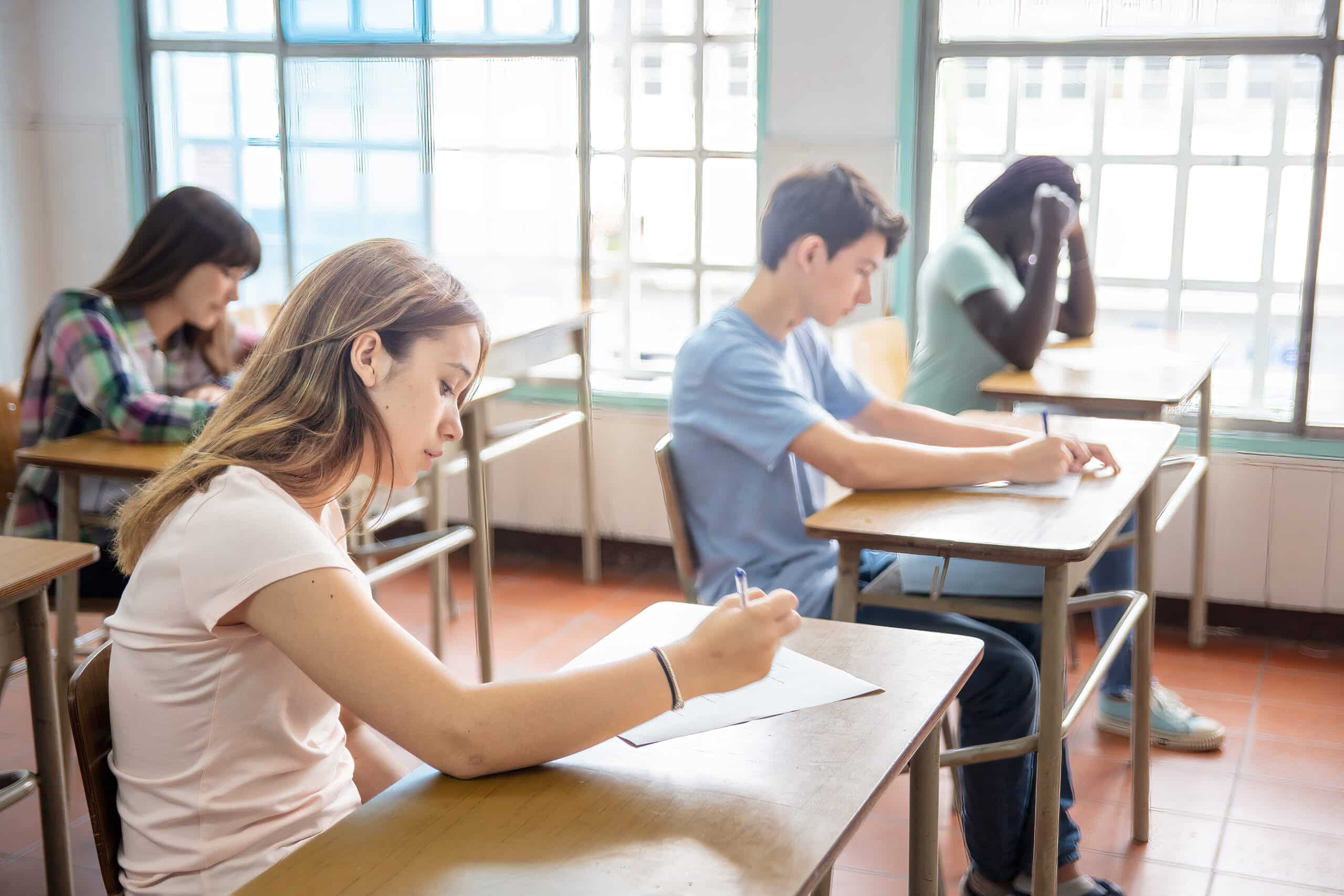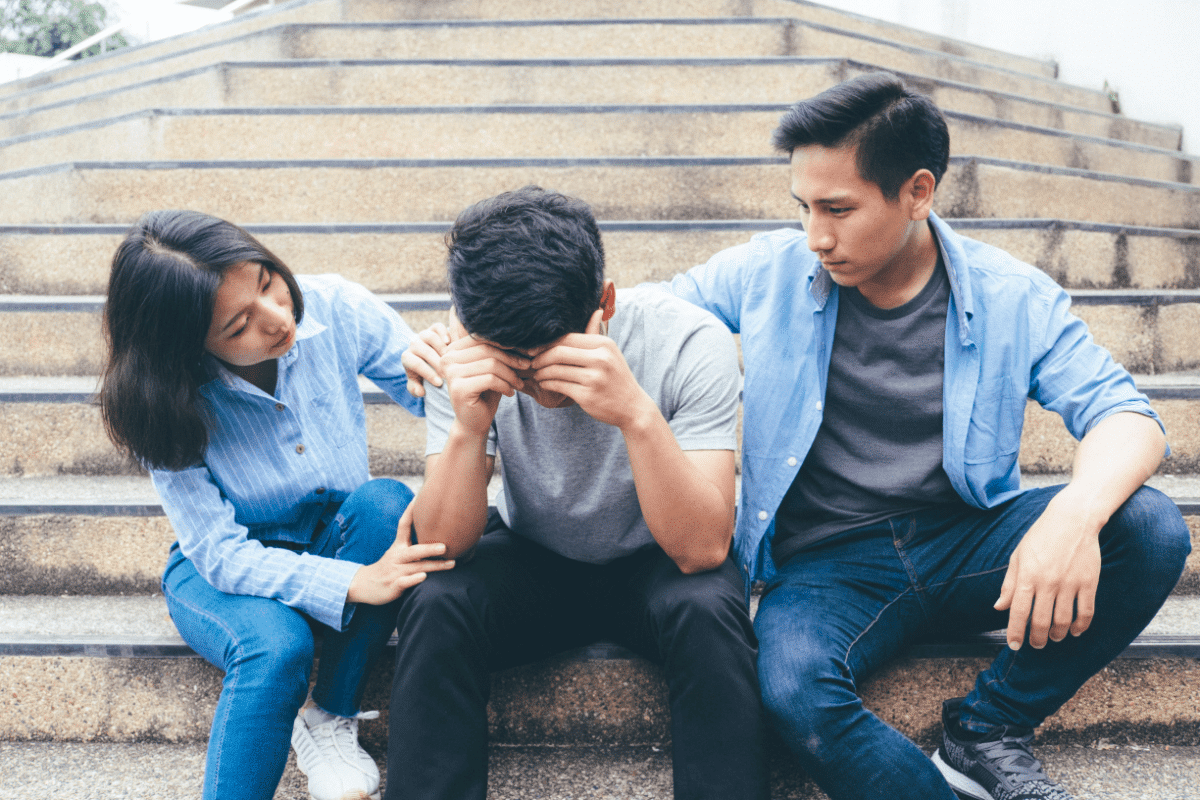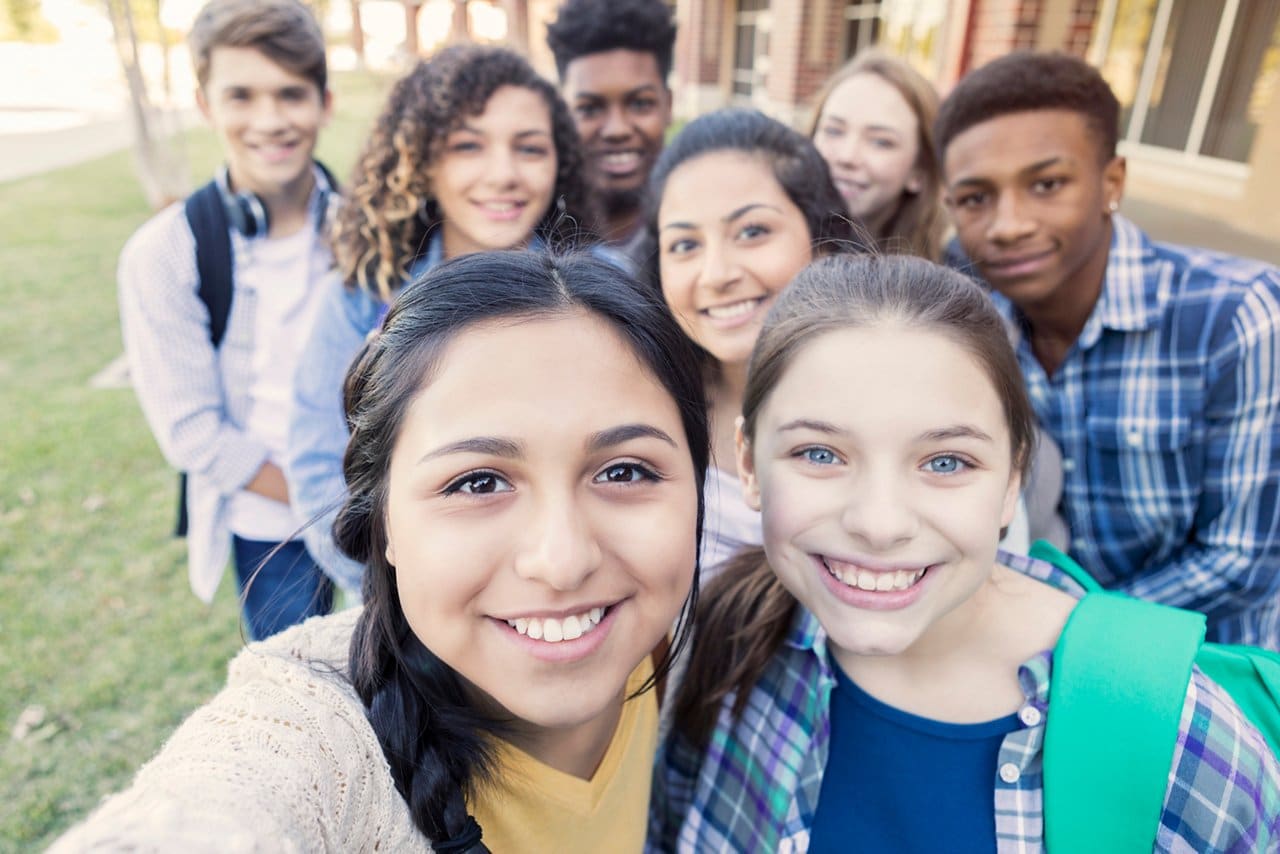
Just as the name suggests, club drugs are types of addictive drugs that you would commonly find at clubs, bars, parties and concerts. Most of these drugs are illegal because of their ability to harm your body and even cause death. Depending on the type and amount of drug abused, you can suffer grave danger from repeated use or from a single incidence.
The main drugs usually taken in these social places are Ecstasy (MDMA), Liquid Ecstasy (GHB), Flunitrazepam (roofies), LSD (acid) and Ketamine (Special K). If you are worried about your teen using these drugs, you have come to the right place. Understand the specific, effects, symptoms and signs of each club drug.
Contact Beachside Teen Treatment Center today to find a drug rehab center for teens.
Signs and Symptoms of Abuse
The following are signs and symptoms of teen club drug addiction as highlighted by Mayo Clinic. You should find the opinion of an addiction expert if your teen has a combination of several symptoms.
- Hallucinations– Your teen could suffer involuntary hallucinations and rampant shaking even after the first ingestion of the drug. Continued abuse could lead to palpitations and become difficult to treat.
- Behavior change – Your once active teen could become withdrawn from all things that used to interest him including school, family, hobbies and social life.
- Memory loss – Does your teen have difficulty in remembering ordinary things? This could be a sign of teen club drug addiction. Obtain school reports from his teachers. If there is a sharp drop in performance, there is cause for alarm.
- Increased senses– Club drug cause teenagers to have altered senses of smell, taste and touch. They may start disliking some foods, drinks and develop an unexplained liking for others.
- Poor judgment– If your teen trips, falls and lack body balance, chances are that he is under influence of something. The same is also true for teens who make small unexplained car accidents, breaking cutlery in the house and dropping things to the floor.
- Muscle cramps and teeth clenching– This is one of the undiagnosed symptoms because it can be blamed for other things such as illnesses. You would also need to be very observant to notice this symptom in your teen.
- Altered blood pressure and heart rate– How often does your teen have a blood pressure check? Do you look at the reports or even talk to the doctor? If no, you might want to pay more attention to that. A slight increase or drop in heart rate or blood pressure could spell health trouble for your loved one.
- Increased alertness and confidence– Most club drugs are taken to heighten the exhilaration of the user. If your teen demonstrates a strange or unexplained boldness, alertness and confidence, they are probably high on these drugs. Heed the observation made by your teen’s teachers, friends, colleagues and playmates.
Treatment of Addiction
Treatment of addiction to club drug involves a similar approach as treatment for other drugs addictions. The first step toward sobriety is getting rid of the ingested drugs through detoxification. Your teen will have to physically attend consultations with the doctor and take detoxification tablets depending on the level of addiction.
Next, a psychologist conducts behavioral counseling to establish the underlying cause of abuse. Teens from abusive marriages, disintegrated families, and challenged backgrounds are more likely to abuse drugs than their counterparts from stable backgrounds. This is here where your cooperation is most needed.
Teens who abuse club drug need to go for follow-up sessions to avoid relapse. This is especially true for abusers who have used drugs for a long time. Even where relapse occurs, do not take this as a failure of treatment. The National Institute on Drug Abuse (NIDA) states that relapse is often part of the recovery process.
Withdrawal symptoms such as headaches, increased sensitivity and lack of appetite are expected during treatment. For this reason, addiction doctors advise you to take your teen for evaluation and treatment of mental health challenges.
The person may suffer anxiety and depression at any step of the recovery process. To increase the efficiency of treatment, doctors ask sufferers to go for group therapies and individual treatment sessions. In addition, joining a group of recovering addicts is a prudent move. The fact that your teen exchanges withdrawal ideas with others aids recovery.
Find Help for Your Teen Today
To prevent your child from abusing club drug, education and awareness is critical. Let them know the adverse mental, physical and sexual effects that these drugs have. If they are already users, do not panic. Contact Beachside Teen Treatment Center today.




